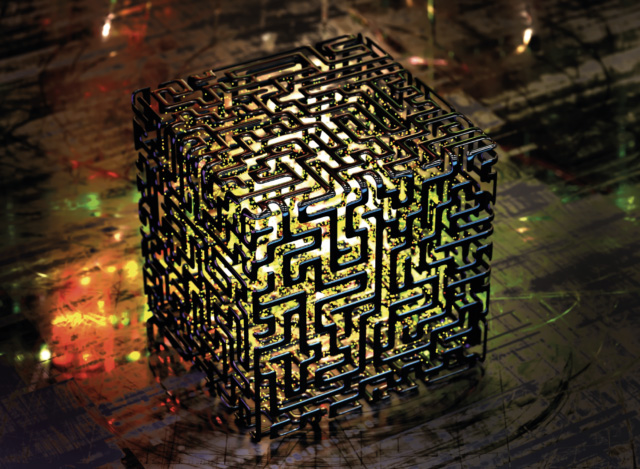Ignorance of quantum computing is no protection from it.
The less people understand a phenomenon, the more they tend to fear it. With quantum computing it is quite the opposite. People don’t fear it precisely because they fail to understand it. All the hype is around AI, not quantum. Yet AI has all the self-awareness of a paper clip. This column has before evoked Apple legend Steve Wozniak’s Coffee Test. Simply put, no-one has yet created an AI that can make a cup of coffee in someone else’s home without detailed programming. AI is still chiefly a dumb mechanism for automating established processes and crunching vast amounts of data. It is precisely its lack of intelligence that renders it dangerous to humanity.
Now add quantum computing to the mix. If you don’t know what it is, you are in good company: almost nobody does. Hence why few fear it: it’s impossible to fear a concept that is outside your own consciousness. Yet quantum should be in our collective mind. Conventional computing is founded on bits, a series of binary switches that are either on or off, 1 or 0. Quantum computers use qubits, which can represent the sequences 1-0, 1-1, 0-1 and 0-0 simultaneously. The potential is huge. Because quantum computers can process instantaneously in parallel, they can perform tasks in a few minutes that would take conventional machines millions of years.
The potential applications of such power are mind-blowing: imagine the impact on space research, weather forecasting, financial analysis, and the discovery of life-saving drugs. Yet, as is so often the case with technological advance, the devil has the best tunes. Quantum has terrifying power to crack codes and passwords, compromising bank accounts and personal devices. If a quantum machine can run through an almost infinite number of possible fingerprints or retina patterns in just a few seconds, how will it be possible to secure data stored in phones and tablets?
Like AI, quantum is not an intelligence but a brute force – trial and error at warp speed. Given the fact that it could undermine society’s very foundations, the development of quantum is shrouded in secrecy. Yet some basic applications have leaked into the news. Recently, quantum sensors measured precisely the Earth’s magnetic field from the International Space Station.
The Biden administration profoundly fears losing the quantum race, so much so that it has placed its National Quantum Initiative advisory committee under direct White House control. The one thing scarier than having quantum power is not having it. Given the awesome scope of quantum, it is crucial that we avoid repeating the mistakes of AI, whereby unaccountable technology conglomerates, such as Google and Meta, have become self-appointed judges and juries, while government AI regulation is toothless and out of date the moment it comes into force.
This time, nation states need to be ahead of the curve. Quantum comes with a scale of ethical challenges on a grander scale than even AI. Democracies worldwide must institute controls that can stand up to the immense power of the technology while maintaining democratic values and fundamental human rights.
The most powerful governments in the world – particularly the US – are party to knowledge about quantum greater than most of their peers. They must avoid conceding that first-mover advantage. They must prepare now for the next tech era: the quantum leap.



